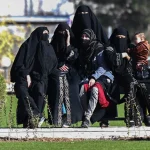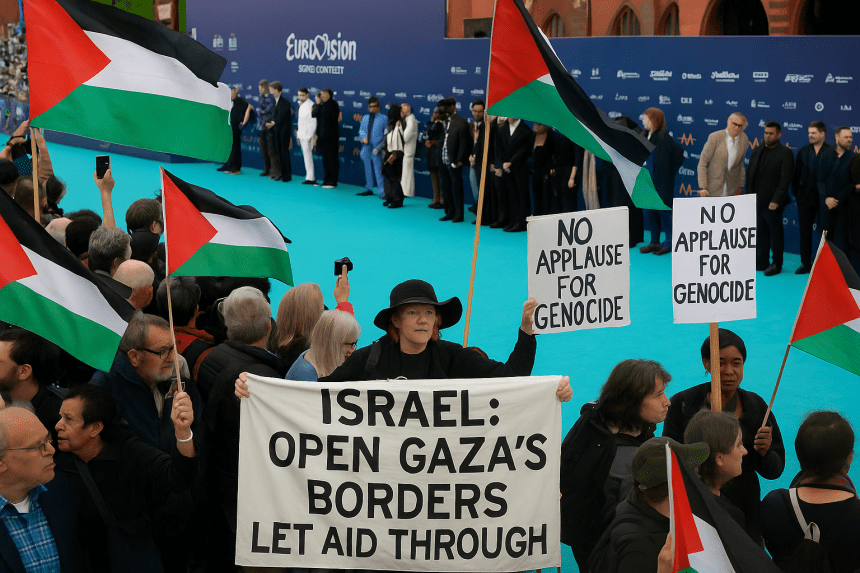Israel’s participation in the competition sparked widespread social and artistic backlash, as the war in Gaza continues with thousands of Palestinians dead since October 2023. Among the slogans: “No applause for genocide” and “We sing while Gaza burns.”
The image of the Israeli delegation marching in front of a “sea” of Palestinian flags, while television footage tried to hide it, went viral. The phrase “you can silence the artists, but not the people” was heard loudly — and literally.
Eurovision itself is now under fire: former winners and contestants have signed an open letter calling for Israel to be banned, accusing the European Broadcasting Union (EBU) of “washing war crimes.”
Even last year’s winner of the competition, Nemo, took a clear position in favor of the exclusion, stating:
“Israel’s actions contradict the values of Eurovision – peace, unity and respect for human rights.”
The EBU may continue to see Eurovision as an “apolitical” celebration of music. But this year’s event clearly shows that politics — and responsibility — do not take leave of the music.











